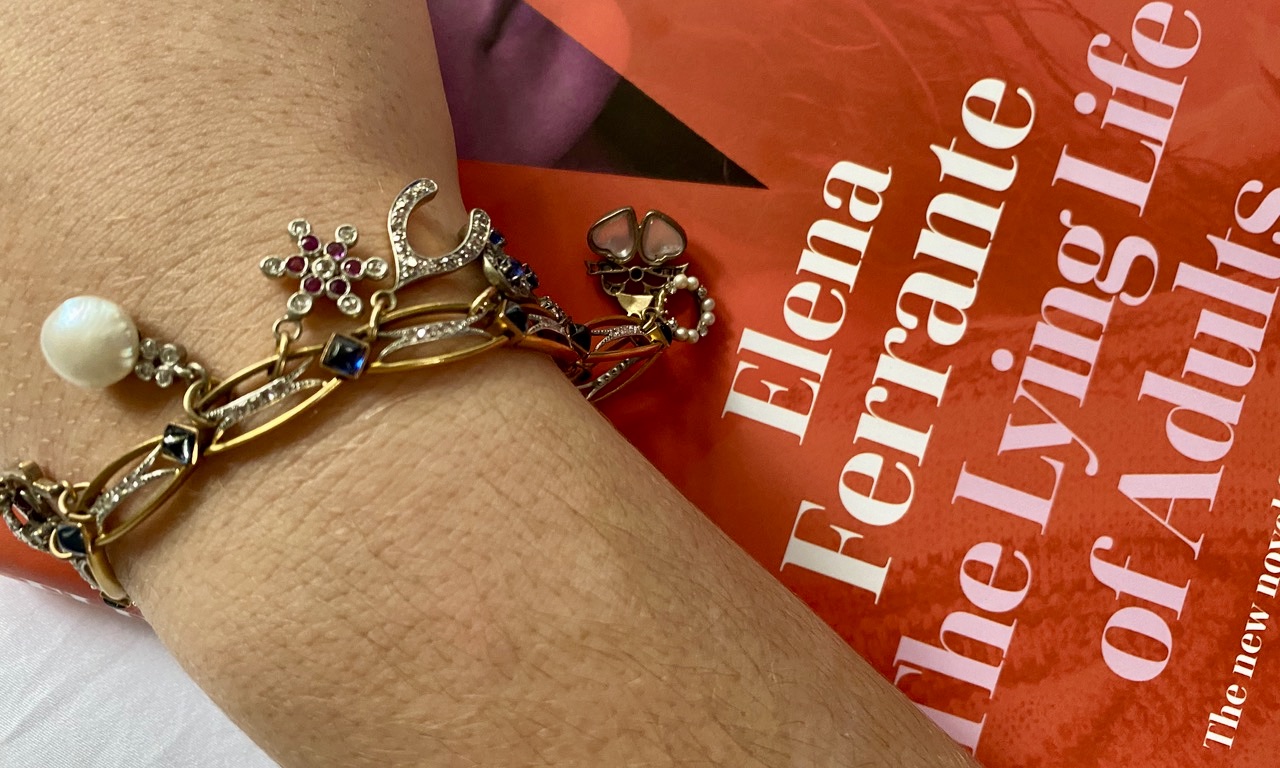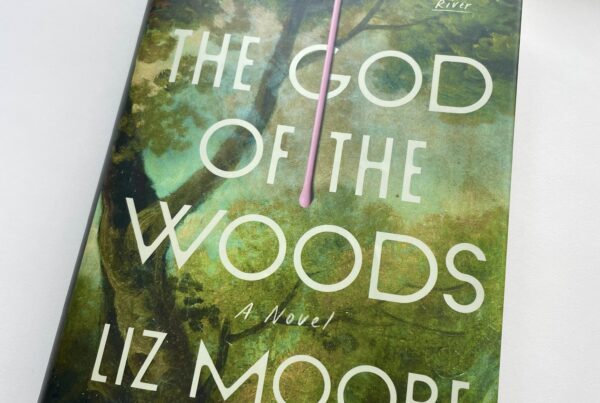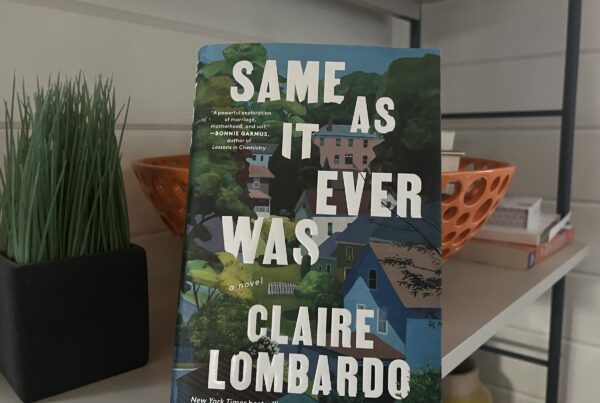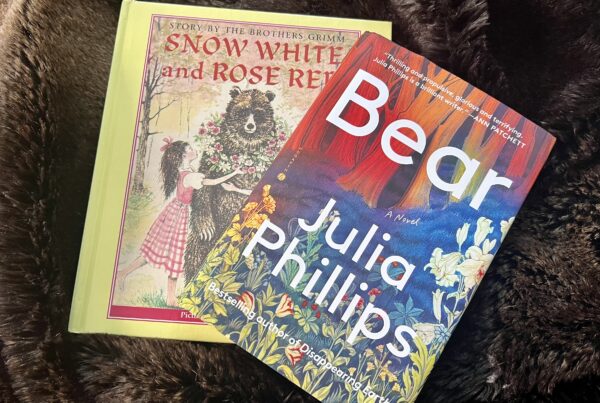After downloading Elena Ferrante’s Neapolitan quartet, I tore obsessively through the books one straight after the other. The story of a life-long entanglement between two brilliant women was fascinating, maddening, striking, original, and strange. The friendship between Lenu and Lila, always in flux, forms the center of a brutal, vivid, lower-class Naples, peopled with a dense web of characters interacting in mundane and violent ways. The experience of reading the books was sometimes overwhelming, sometimes difficult, but always compelling. Ferrante’s new novel, The Lying Life of Adults, revisits her earlier themes, symbols, and types but strips away much of the chaos and extended families so numerous that the quartet books all begin with a list of characters, their professions, and relationships. The most recent novel is set up a literal hill in the calmer, prettier world of Naples’ bourgeoisie, and is focused tightly on the adolescent years of only child Giovanna as she navigates the disillusionments that accompany her transition into adulthood.
The book begins with a lie, a clue, a turning point, a portent, and an introduction of themes, including the shock and attraction of the ugly in all of its lively, frightening threat to the fragile veneer of the beautiful. Giovanna overhears her beloved intellectual father accuse her of “getting the face of Vittoria,” which she interprets as meaning she is becoming as ugly and spiteful as her father’s mysterious sister, unknown to Giovanna except as the inspiration of her parents’ revulsion and fear. This remark of her father’s is his reaction to and serves to further generate Giovanna’s awkward adolescence; more momentously, it results in a shattered sense of her own worth and an unshakable desire to meet this hideous, evil aunt whom her father has blacked out of every family photograph.
Giovanna descends into the rougher, poor neighborhoods where harsh dialect signifies both the vulgar uneducated and the seductive power of operatic passion and betrayal. Vittoria, not at all what her sheltered niece expects, fascinates and terrifies in equal measure. Learning to lie and to recognize lies, Giovanna observes complicated adult relationships through her own claustrophobic adolescent lens. As she lurches headlong in this tumultuous Bildungsroman, she weathers treacherous revelations, sordid sexual encounters, academic lows and heights, estrangement from those closest to her, overwhelming first love, intellectual growth, and revelations about human nature: “As for my face, it had no harmony, just like Vittoria’s. But the mistake had been to make it a tragedy. If you looked even just for a moment at those who had the privilege of a beautiful, refined face, you discovered that it hid infernos no different from those expressed by coarse, ugly faces. The splendor of a face, enhanced even by kindness, harbored and promised suffering still more than a dull face.”
As in the Neapolitan quartet, Ferrante insists that the lives of girls and women are worthy of recording in intimate detail, that the telling of their stories is an act of literary power and control. The feminine symbols of dolls, mirrors, and jewelry (in The Lying Life of Adults, a bracelet is so ubiquitous it becomes one of the characters); the elaborate lies told by lovers and writers that create fiction itself; the layering of women narrating their own stories and those of their friends while Ferrante herself is an invented, pseudonymous character all demand that we pay attention to and grant respect to “women’s literature.” In fact, that girls and women are centered in these stories told with such skill makes the argument that so-called domestic issues such as friendship; female sexual awakening; the demands of motherhood throttling the pull of an intellectual or artistic life; and the sexism in education, politics, religion, and marriage are worthy concerns of literature without any compartmentalization.




